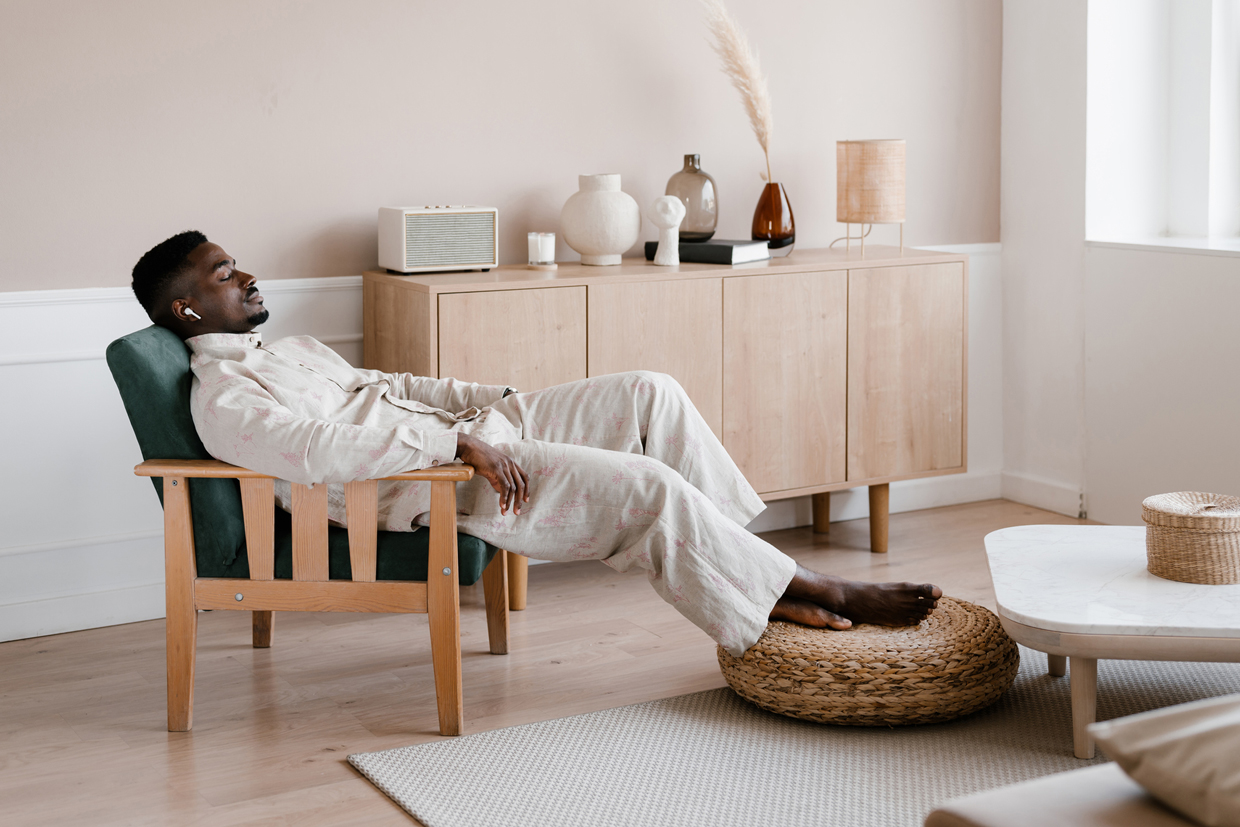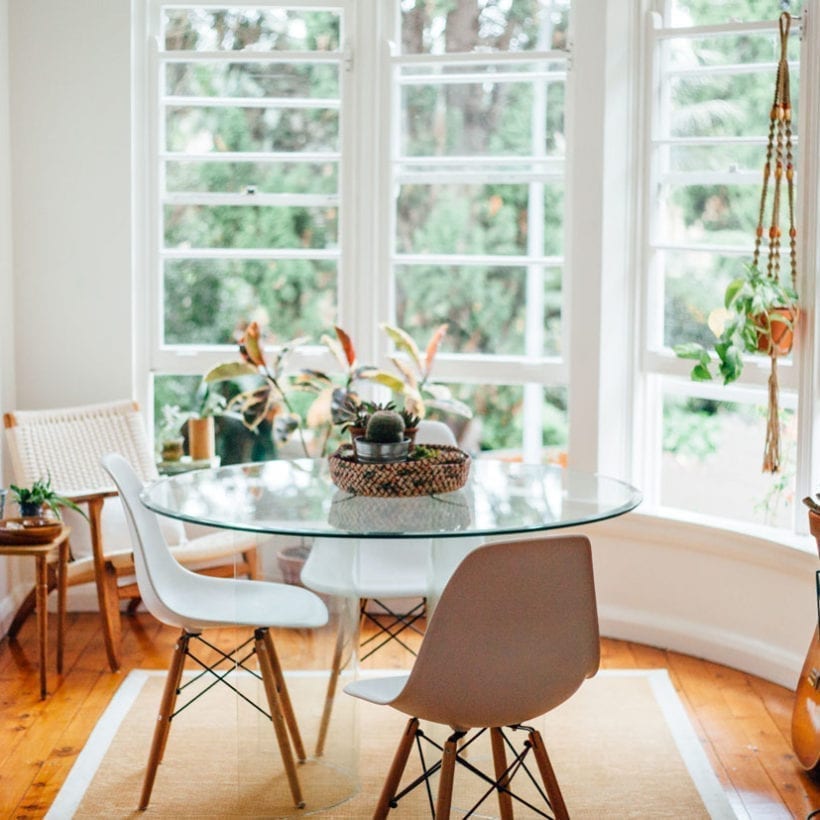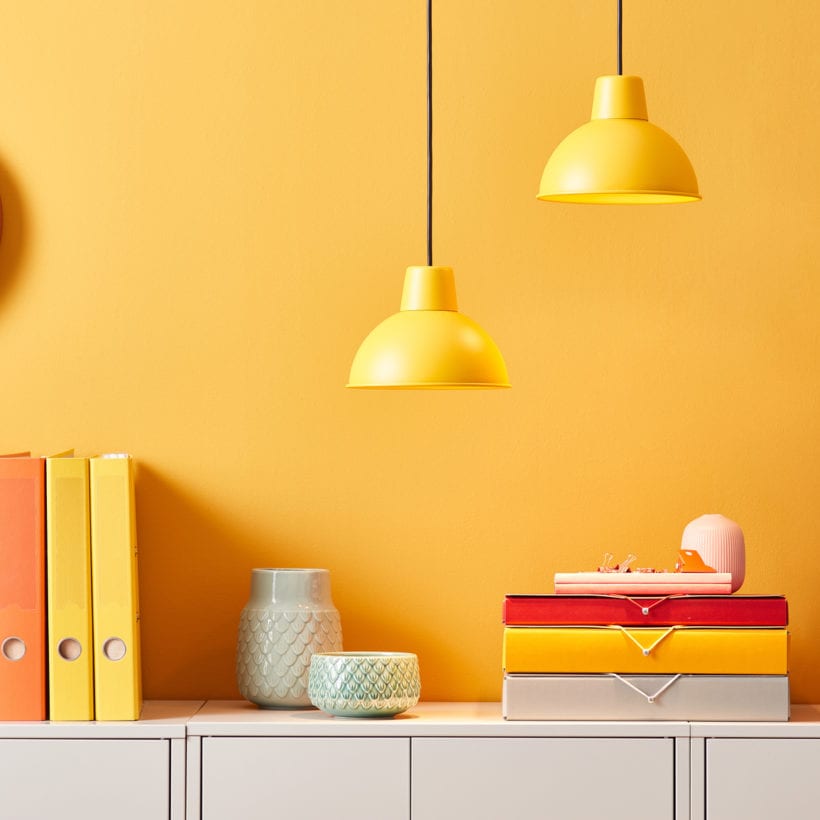Two years into the pandemic, the impossible has finally happened: Spring cleaning actually sounds exciting. It makes sense, considering that for many of us, the home now doubles as an office, school, gym, and entertainment space in a way it never has before. The spaces where we live have taken on new levels of importance — no wonder people are increasingly interested in sprucing them up.
The act of tidying your living space isn’t just about achieving a more aesthetically pleasing Zoom background — cleaning and organizing can actually have a powerful impact on your mind. “For many people, the most compelling mental health impact of tidying up is it minimizes our distractions and therefore increases focus on the next activity. Many people cannot begin to concentrate when a mess is brewing in the corner — it gnaws at them, their attention is scattered until it is cleaned,” says Tricia Wolanin, a creativity coach and clinical psychologist. “Someone once shared with me that having a cleaner come once a week was more beneficial for him than his weekly therapy session. He sees the results, it relieves his sense of anxiety, and improves his overall well-being.”
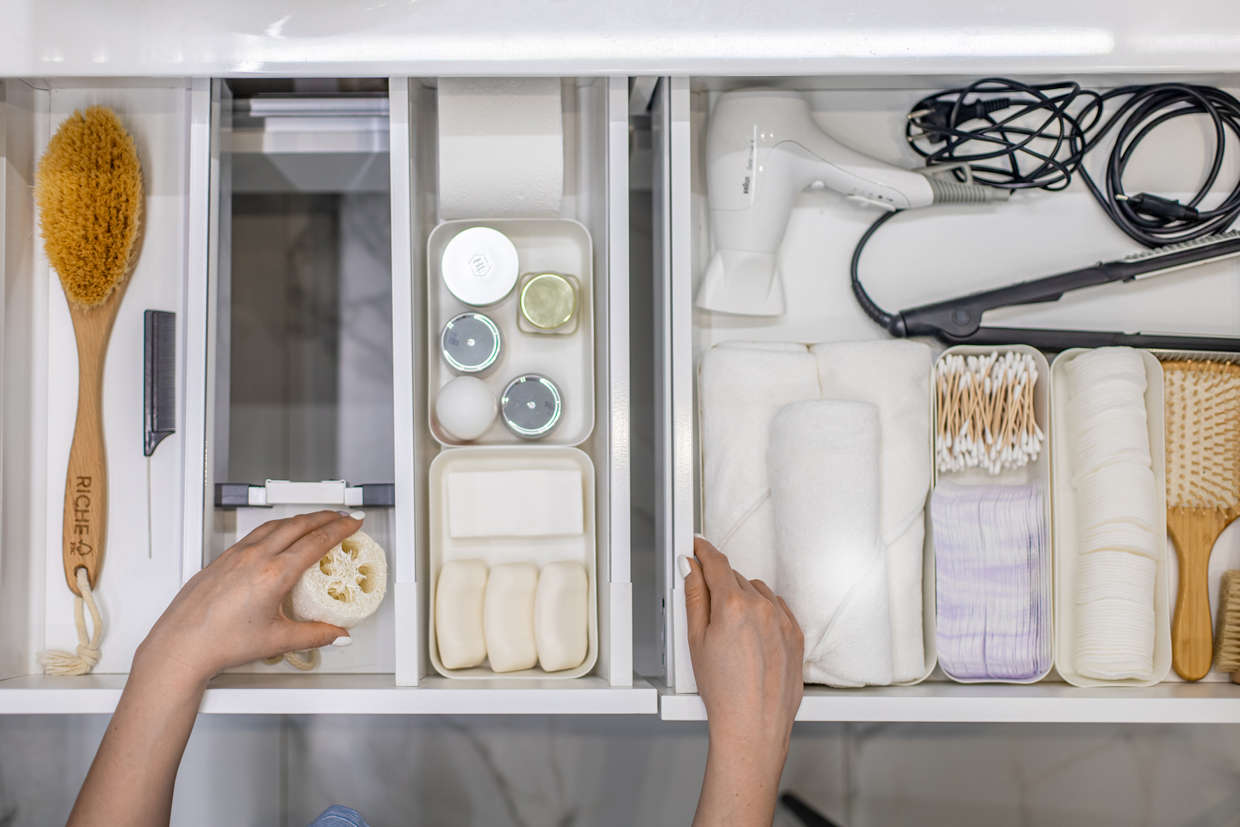
The Mental Health Benefits of Spring Cleaning
The process of literally clearing out the cobwebs in your physical space, in other words, can also figuratively clear out the cobwebs in your mental space. Spring cleaning — which often involves a series of repetitive motions and simple physical tasks — can even be a form of meditation. “Emptying one’s space equates with emptying one’s mind. The repetitive motions have the possibility to take one out of the endless cycle of thoughts ruminating in their heads — one’s only focus is the act they are engaging in at the moment,” says Wolanin. “It’s been said we have 50,000-80,000 thoughts per day. Mindfulness acts as a guide to help reign in our attention to one thing.”
An appreciation for the unique sense of calm that cleaning can bring isn’t new. Marie Kondo made the Japanese “art of decluttering and organizing” a global phenomenon back in 2014 with her number one best-selling book, The Life-Changing Magic of Tidying Up — which turned into a hit Netflix series and helped launch a new generation of organization influencers like The Home Edit and Horderly. Kondo introduced to a global audience the idea that tidying up our spaces could be the key to tidying up our emotional clutter.
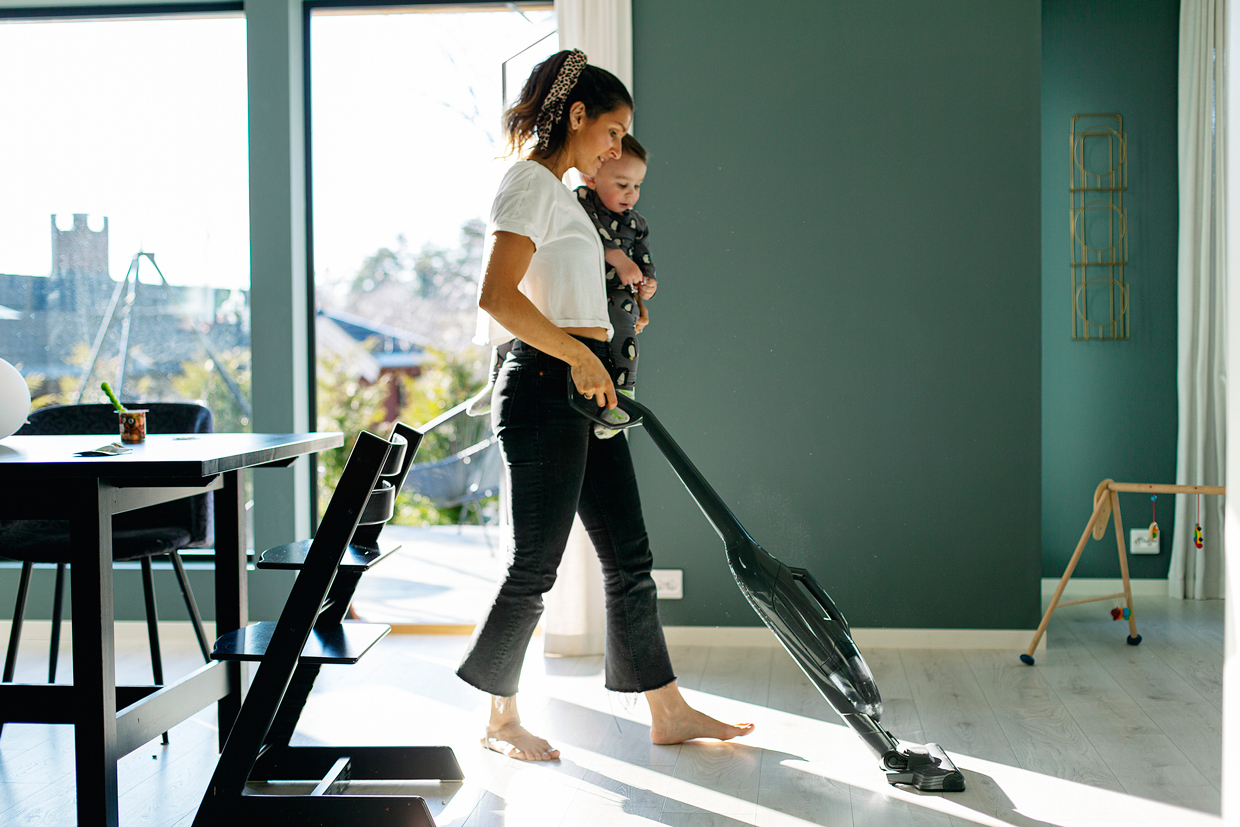
Clear Your Space, Clear Your Mind
The idea exploded during the pandemic. Cleaning, the experts say, can offer a sense of control in the midst of this very uncertain time. “We cannot control what happens with the pandemic, or the guidelines one’s city or country instills about travel and the number of people one can engage with. We can control our living space,” says Wolanin. Cleaning, decluttering, redecorating — all of these activities require a sense of agency. They’re a reminder that “we do not have to be products of what happens to us,” Wolanin says. “We can take initiative with our mental well-being.”
Wolanin is such a believer in the mental health benefits of spring cleaning (which, it should be noted, can happen at any time of year) that she once held a creativity retreat that utilized Kondo’s book. “Spring cleaning can be cathartic,” she says. “It’s important to frequently assess our belongings and determine which brings joy. Keep those that still do, discard those that no longer serve us, and thank the item for what it brought into our lives. When we let go of large amounts of items, we can drastically see how that impacts our well-being. Oftentimes when we rid ourselves of these things, we are also getting rid of our emotional ties linked with those items.”
So, how can you harness the mental health effects of spring cleaning this season? We asked Wolanin for her tips.
Make Time to Tidy Up
Doing a deep clean of the kitchen, cleaning out your closet, or finally taking those donation bags gathering dust to Goodwill are often things that fall to the bottom of the to-do list. “It’s something many people say they will do but never get around to it,” says Wolanin. But since most of us are spending more time at home these days, it’s worth thinking of spring cleaning as a small investment with a high payoff. “Invest in making this a peaceful and relaxing place,” she says. “Appreciate where you live, which includes taking care of what exists in your home.”
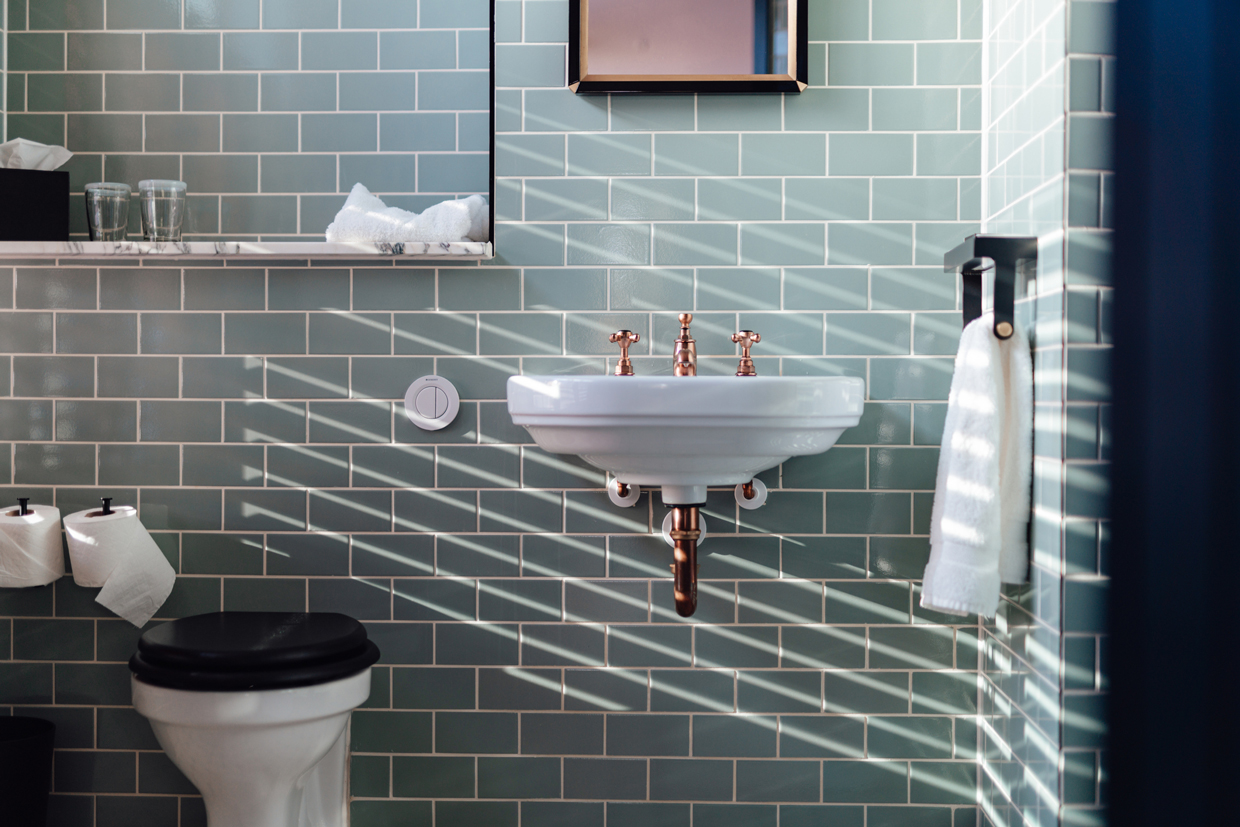
Use Cleaning as a Healthy Coping Mechanism
Spiraling over headlines that there’s another new variant? Anxious about all the uncertainty in the news? “I’ve had clients who have noted that cleaning is their main coping skill,” says Wolanin. “If they are angry at their spouse, for example, they may opt to scrub away with fervor the kitchen floor or bathroom sink. They target their excess energy in a proactive way.”
Harness the Power of Cleaning for Creativity
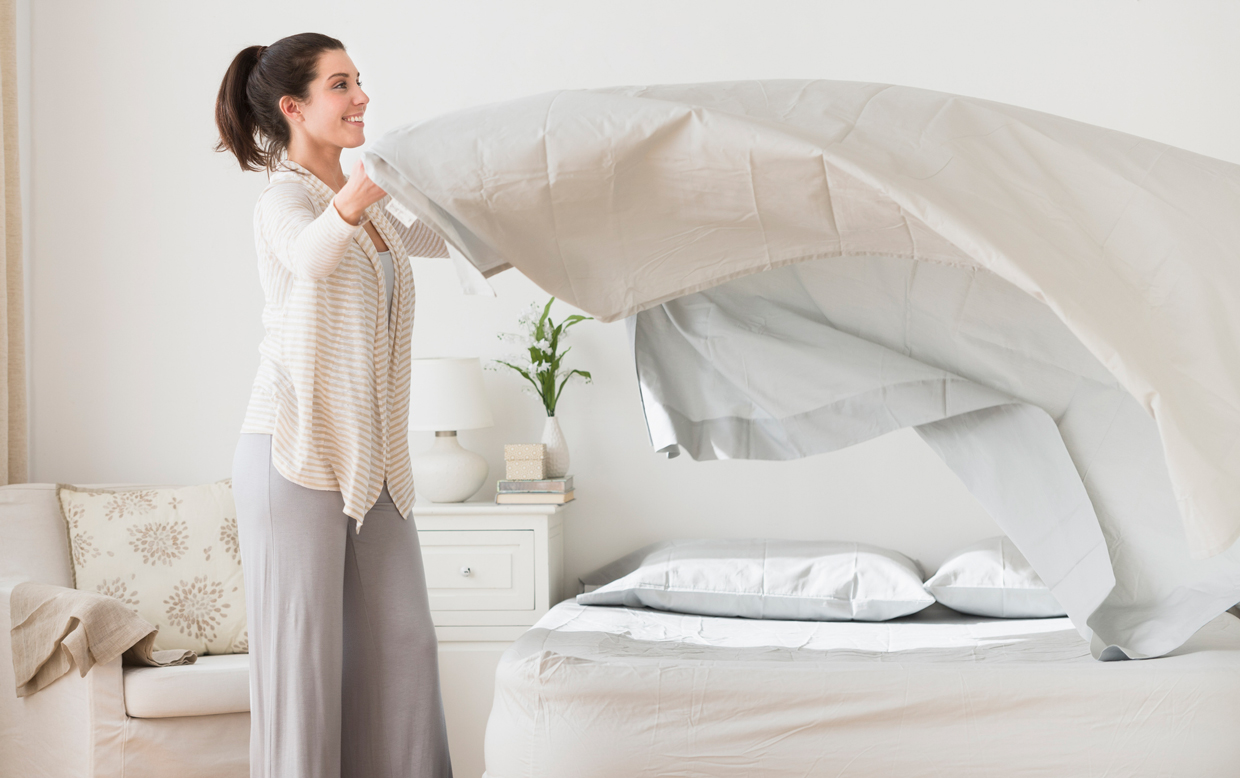
Getting organized can actually help you become more creative. “Organization can help us find new ways to appreciate our belongings,” Wolanin says. “We are filled with gratitude and in a positive state when this occurs. There may be a sense of pride in this cleanliness accomplishment, and we may be more willing to take on new challenges ahead.” In her case, the simple act of getting organized helped lead to Wolanin’s next book. “I was inspired during the pandemic to organize my books in a rainbow pattern. My books bring me joy, and with them being organized in an aesthetically pleasing way, it encouraged me to want to indulge in reading them more frequently. That inspired me in my writing process for my new book,” she says. “Whatever your form of creativity is — drawing, music, photography, fashion, jewelry design — if you can organize your tools, it may provide the physical and mental space to dive deeper into your creativity.”
We only recommend products we have independently researched, tested, and loved. If you purchase a product found through our links, Sunday Edit may earn an affiliate commission.
